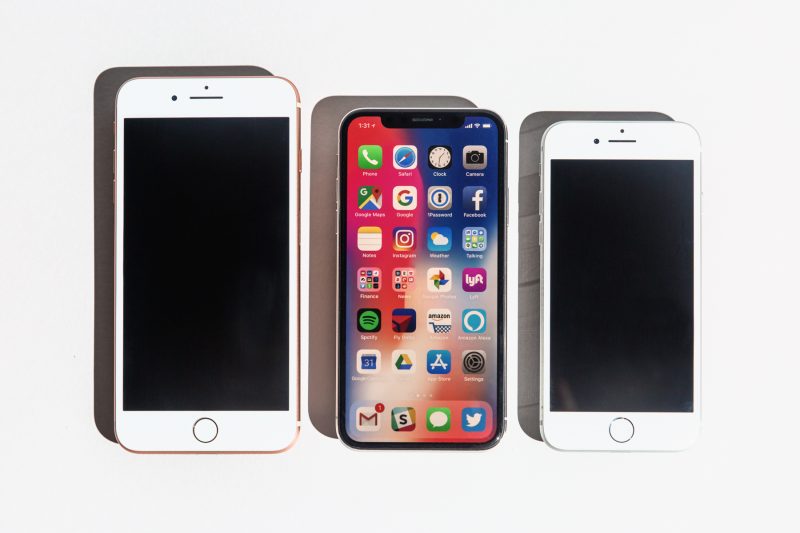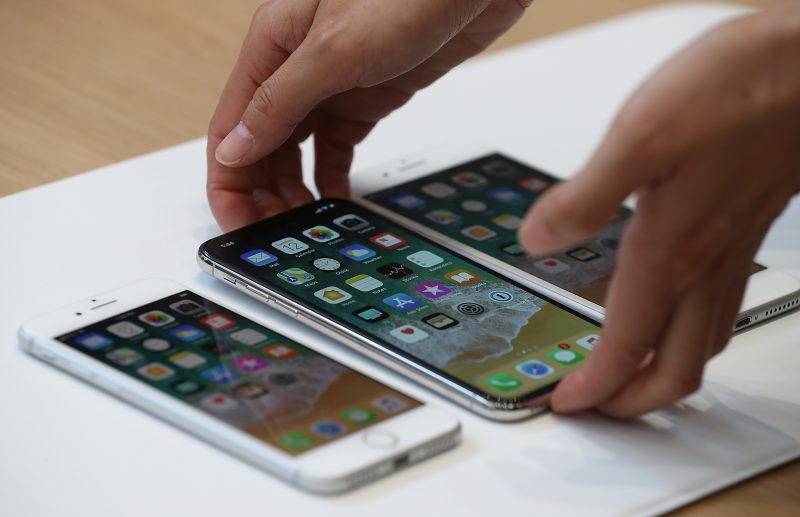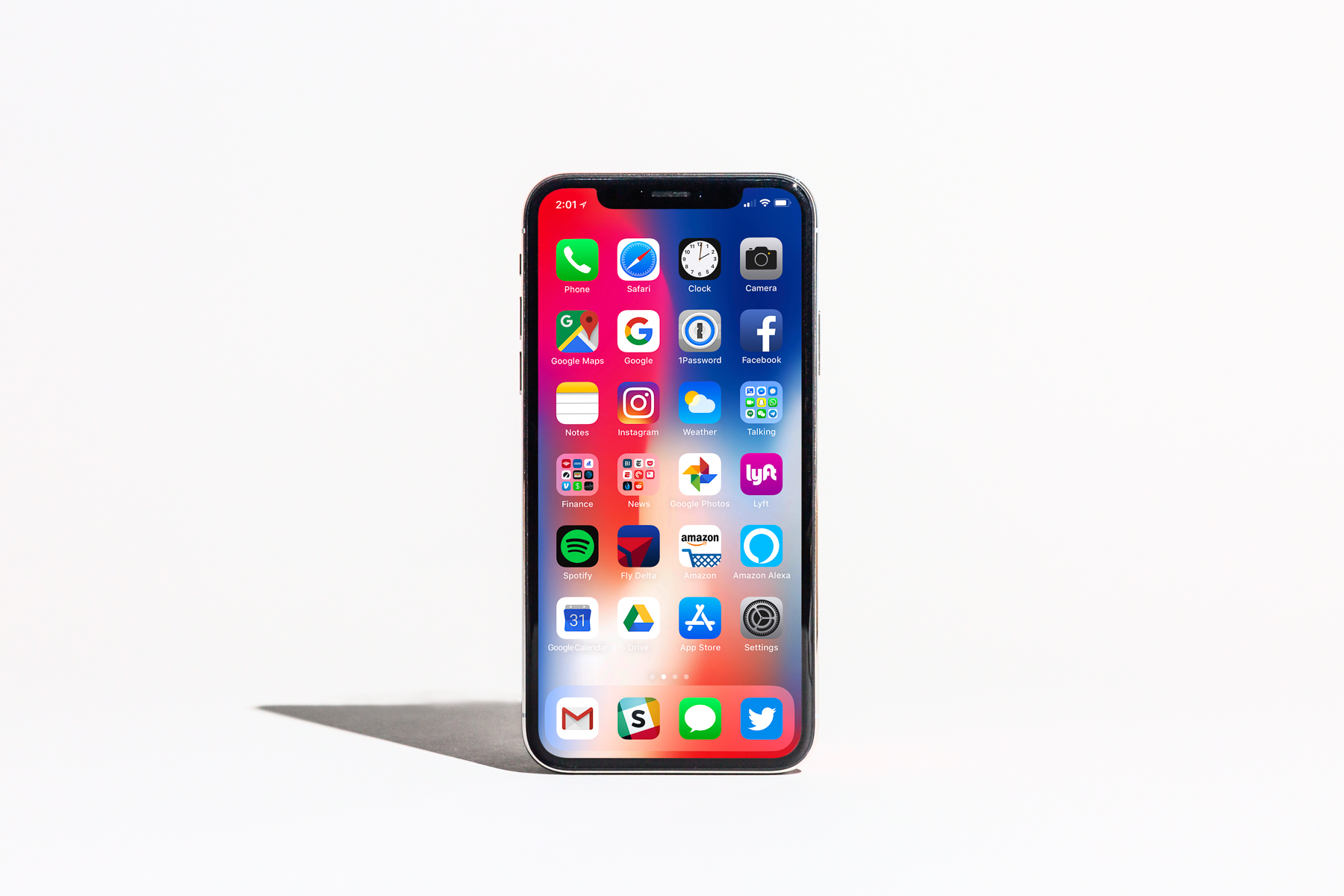Last September, Apple unveiled a smartphone that looked like none before it:
With the iPhone X, Apple ditched its traditional design in favor of something new: an edge-to-edge design with no home button.

The new display <em>almost</em> takes up almost the whole front of the phone, but not quite. Apple cut out a little “notch” to house its front-facing camera and other sensors that power Face ID, which replaces Touch ID as the main authentication method in the iPhone X.

Not everyone loves the notch. But Apple wanted its tenth-anniversary iPhone to have an edge-to-edge screen <em>and</em> a front-facing camera, and that’s the compromise Apple came up with, love it or hate it.

Of course, since Apple released the iPhone X, several Android phone makers have begun adopting the notch into their own designs. Here’s the brand-new OnePlus 6:

And here’s the LG G7 ThinQ, announced in May:

And here’s the Huawei P20 Pro:

And here’s the Asus Zenfone 5 coming later this year:

We’re just getting started; these are only the notched Android phones <em>we know about</em>.

Notched smartphone designs are even supported in Google’s next version of Android, called Android P. This will help other Android phone makers adopt similar edge-to-edge phone designs.

Many wonder if Android P’s notch support means Google’s next Pixel smartphones will have a new notch design. One of the big complaints with last year’s Pixel phone was that it looked outdated in a post-iPhone X world:

Indeed, <a href=”https://www.businessinsider.com/google-pixel-3-xl-design-photos-leak-2018-7″target=”_blank”>alleged leaked photos of Google’s next phone</a>, the rumored Pixel 3, reveal a smartphone design with a notch at the top.

Of course, Android phone makers taking their hardware cues from Apple is nothing new. As long as the iPhone has existed, other smartphone makers have looked to Apple’s designs to inspire their own. China’s Xiaomi is a good example of this.

But, to be fair, there was an Android phone with a notch before Apple did it. Andy Rubin’s Essential Phone introduced a smaller notch … months before the iPhone X.

And other companies deserve some credit, too: Samsung, despite its penchant for loving Apple’s designs <a href=”https://www.nytimes.com/2012/08/25/technology/jury-reaches-decision-in-apple-samsung-patent-trial.html”target=”_blank”>a little too much at times</a>, chose not to go down the notch path with the Galaxy S9.

Another Android phone looking to break from the notch trend is Vivo: That company’s solution to the where-do-you-put-a-selfie-camera-in-an-all-screen-phone dilemma is more clever: The selfie camera literally pops out of the top of the phone when you need it.
Here’s hoping we see more Android phones that approach the notch, and the problem it’s trying to solve, with more creativity like this.











